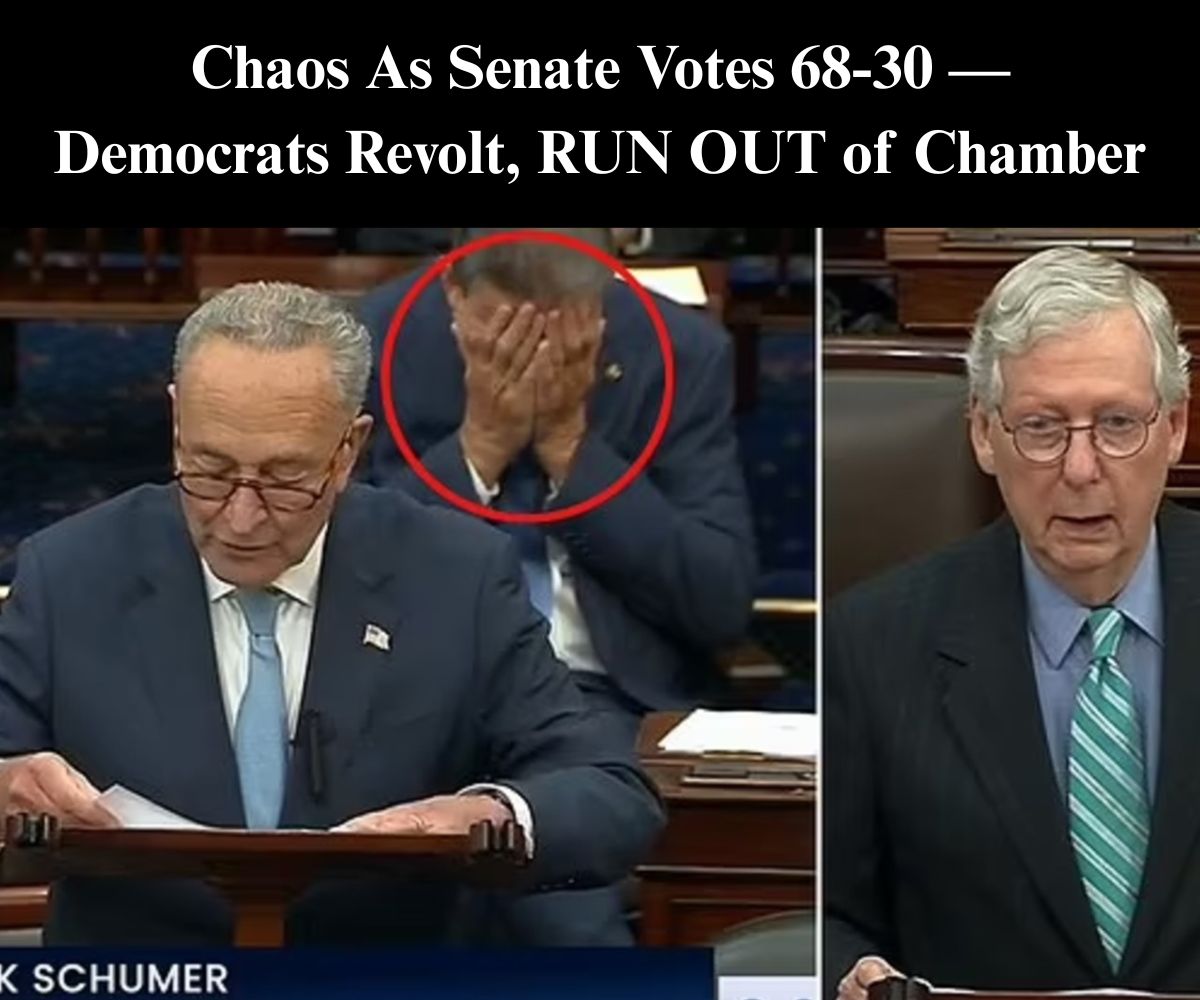In a landmark decision for the digital asset sector, the U.S. Senate on Tuesday approved a bill to establish a regulatory framework for cryptocurrency tokens known as stablecoins that are tethered to the US dollar.
With several Democrats joining the majority of Republicans in supporting the proposed government regulations, the bill, known as the GENIUS Act, passed with bipartisan support by a vote of 68-30, Reuters noted.
The bill must first pass the Republican-controlled House of Representatives before it can be given to President Donald Trump for approval.
“It is a major milestone. It establishes, for the first time, a regulatory regime for stablecoins, a rapidly developing financial product and industry,” said Andrew Olmem, a managing partner at law firm Mayer Brown and the former deputy director of the National Economic Council during Trump’s first term.
Crypto traders frequently utilize stablecoins, a kind of cryptocurrency created to maintain a steady value, typically a 1:1 dollar peg, to transfer money between tokens. Stablecoins, according to their proponents, can facilitate immediate payments and have seen a significant increase in use in recent years.
The stablecoin bill, if it becomes law, would mandate that tokens be backed by liquid assets, such as short-term Treasury bills and US dollars, and that issuers reveal to the public the makeup of their reserves every month.
The cryptocurrency sector has long advocated for lawmakers to enact laws establishing regulations for digital assets, claiming that a well-defined framework may facilitate the wider use of stablecoins. The industry attempted to portray the issue as bipartisan and invested over $119 million in supporting pro-crypto congressional candidates in the previous year’s elections.
The House passed a stablecoin measure last year, but the Senate, then controlled by Democrats, did not take it up, and it died.
After seeking cryptocurrency revenue throughout his presidential campaign, Trump has attempted to significantly alter U.S. cryptocurrency regulations.
The White House wants a stablecoin measure passed by August, according to Bo Hines, the head of Trump’s Council of Advisers on Digital Assets.
Other Democrats said that measure needed stricter anti-money laundering safeguards and restrictions on foreign stablecoin issuers, expressing worry that the plan would not stop large tech companies from issuing their own private stablecoins.
“A bill that turbocharges the stablecoin market, while facilitating the president’s corruption and undermining national security, financial stability, and consumer protection is worse than no bill at all,” said Senator Elizabeth Warren, a Democrat, in remarks on the Senate floor in May.
The Senate has been very busy this month.
The Republican-controlled U.S. Senate approved three ambassadors appointed by President Donald Trump, stationing them in the United Kingdom, Turkey, and Italy, respectively.
All three new ambassadors, Warren Stephens, Tom Barrack, and Tilman Feritta, are billionaires who generously support Trump and other Republicans. They all garnered a few Democratic votes, as did all Republicans.
The Senate also approved Stephens as the new ambassador to the United Kingdom and Northern Ireland by a vote of 59-39.
The Senate confirmed Barrack, a private equity executive and longtime Trump ally, in 60-36 vote on Tuesday.
“For three decades, Tom successfully managed a global private equity firm,” Trump said of Barrack on Truth Social in December. “He is a well-respected and experienced voice of reason to a wide range of thought leaders in both political and business circles.”
Barrack has known Trump since the 1980s. He worked in the Reagan administration before establishing the private equity company Colony Capital. He advised Trump’s campaign in 2016 and led his 2017 inauguration committee.
On Tuesday, the Senate voted 83-14 to approve Fertitta as the United States ambassador to Italy.
Fertitta, who Trump appointed to the position in December last year, is the CEO of Landry’s, a hospitality corporation that operates restaurants, hotels, casinos, and other entertainment facilities. He also owns the NBA team Houston Rockets.
